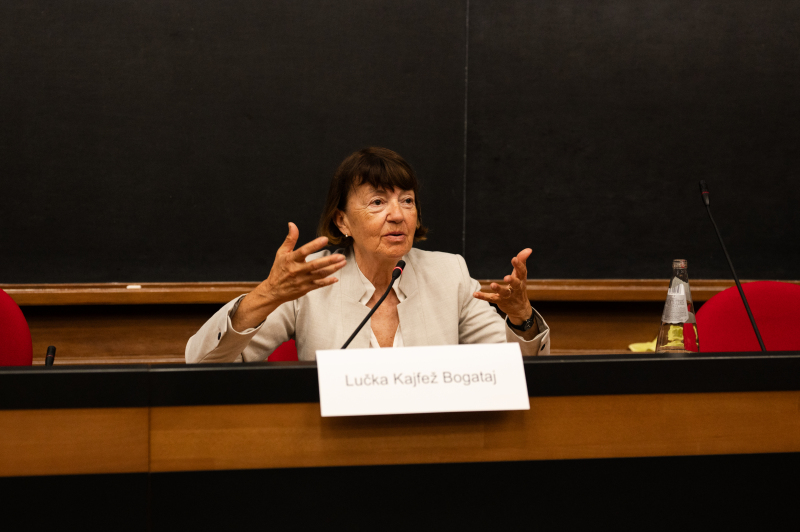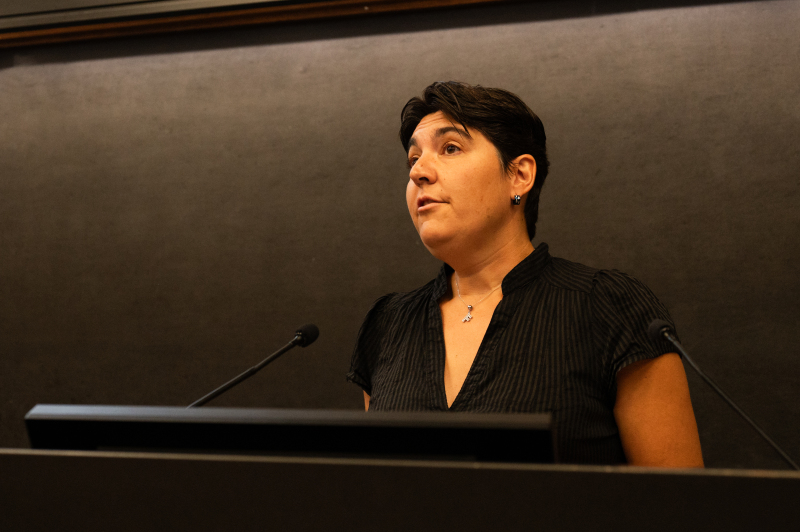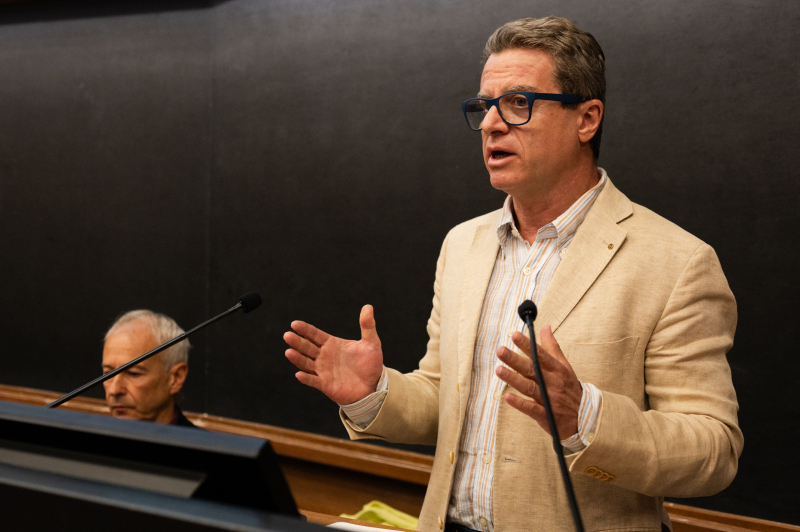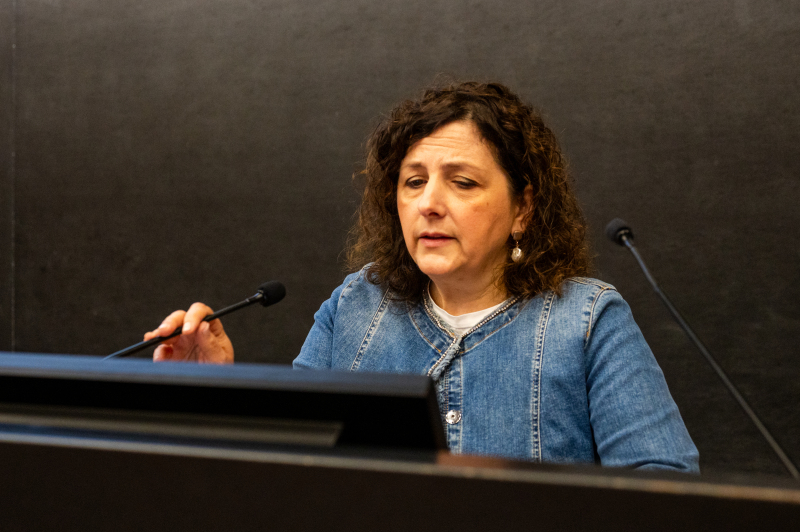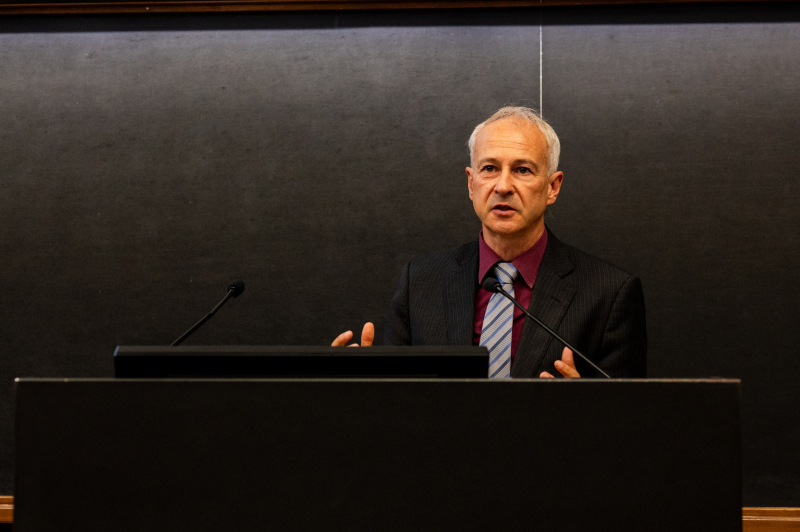The time for speeches is over. Now it's time to act, if we wish to leave this planet to future generations. This unanimous warning came from the five panellists who participated in the round table 'Climate Change and Planetary Health', organised by TWAS at the annual International Symposium 'GeoAdriatico' of the Cinzia Vitale Onlus.
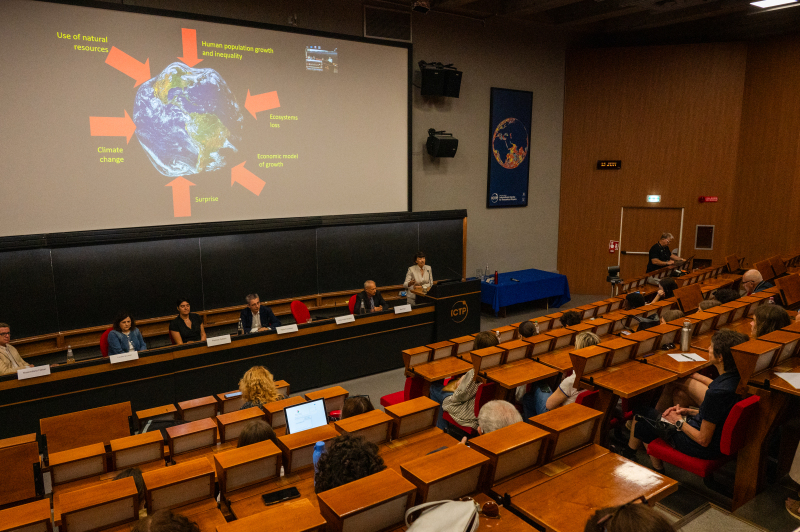
GeoAdriatico, this year in its fourth edition, centres around diplomacy, economics, science, and religion. The event, which has received the patronage of the Italian Ministry of University and Research, the Senate of the Republic, the Chamber of Deputies, and the Ministry of Foreign Affairs and International Cooperation, was held in Trieste on 15 June. By fostering a dialogue on some of the challenges that the Mediterranean region is facing, it aimed to take a look into the future from a collaborative perspective.
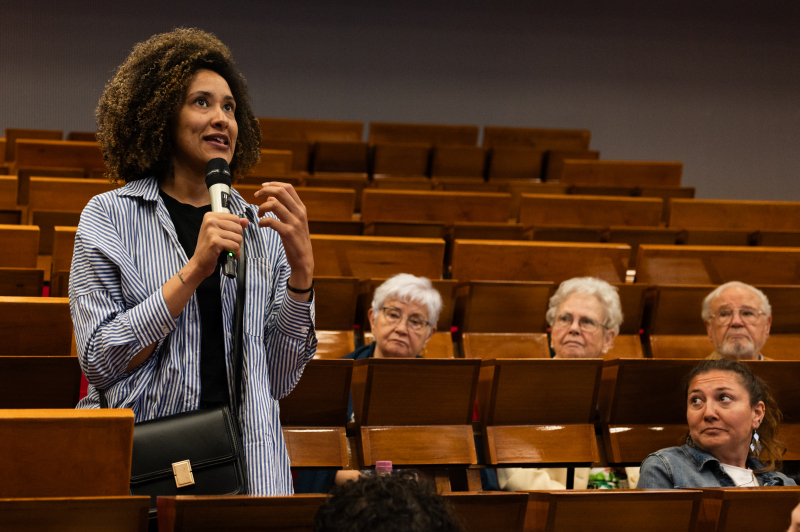
The symposium was moderated by TWAS Programme Coordinator Max Paoli and featured the following experts:
- Lučka Kajfež Bogataj, 2007 Nobel Peace Prize winner (with IPCC), Professor, University of Ljubljana, Slovenia;
- Paolo Fornasiero, Full Professor of inorganic chemistry, University of Trieste;
- Florence Colleoni, Senior Researcher, Section of Geophysics, National Institute of Oceanography and Applied Geophysics (OGS);
- Lucilla Iacumin, Full Professor, Department of Agricultural, Food, Environment and Animal Sciences, University of Udine;
- Massimiliano Fabian, Past President, International Coffee Organization (ICO).
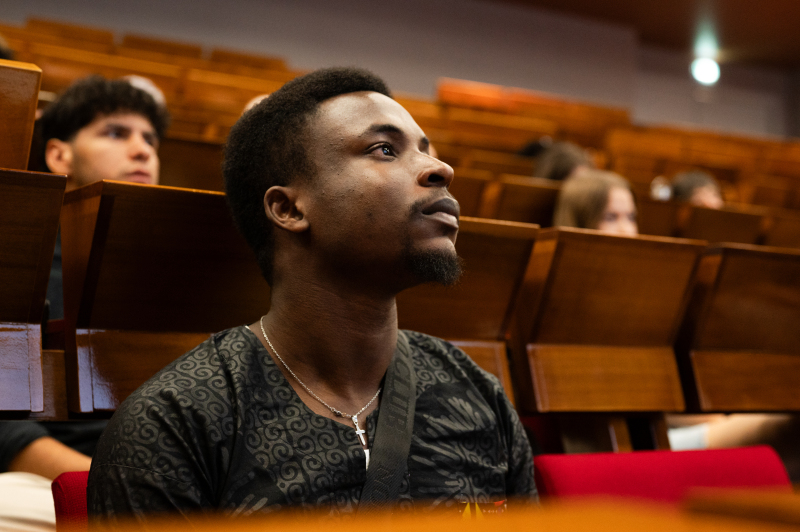
The recording of the session is available here.
In times of severe challenges for our planet, Paoli said, the world should aim for climate justice and keep sustainability at the front seat in all the public debates. Sustainable development, he added, has always been at the heart of TWAS's activities. This is why, in line with its mission, and because of the broad spectrum of situations brought about by climate change in the developing world, in 2022 TWAS launched two new programmes:
- TWAS-Elsevier Foundation Project Grants for Gender Equity and Climate Action
- TWAS-Sida PhD Scholarships for Climate Research for Students from Least Developed Countries (LDCs)
Until now, the programmes have supported 15 and 14 scholars respectively. The TWAS-Elsevier programme awards teams of 2–5 women scientists for projects that take them outside the lab to promote practical and tangible change under the umbrella of the “climate action” SDG in their local context. The TWAS-Sida scholarships support promising young scientists from LDCs, to increase their skills in climate research and build a new generation of experts who can act effectively to mitigate climate change.
Cristina Serra
More photos are available here and on the TWAS Flickr page.
